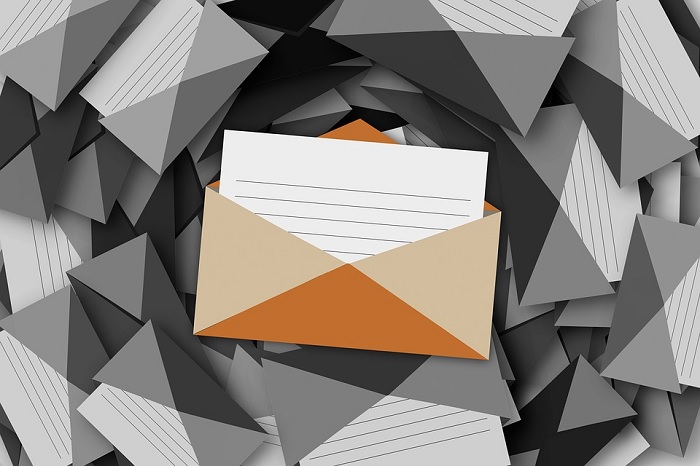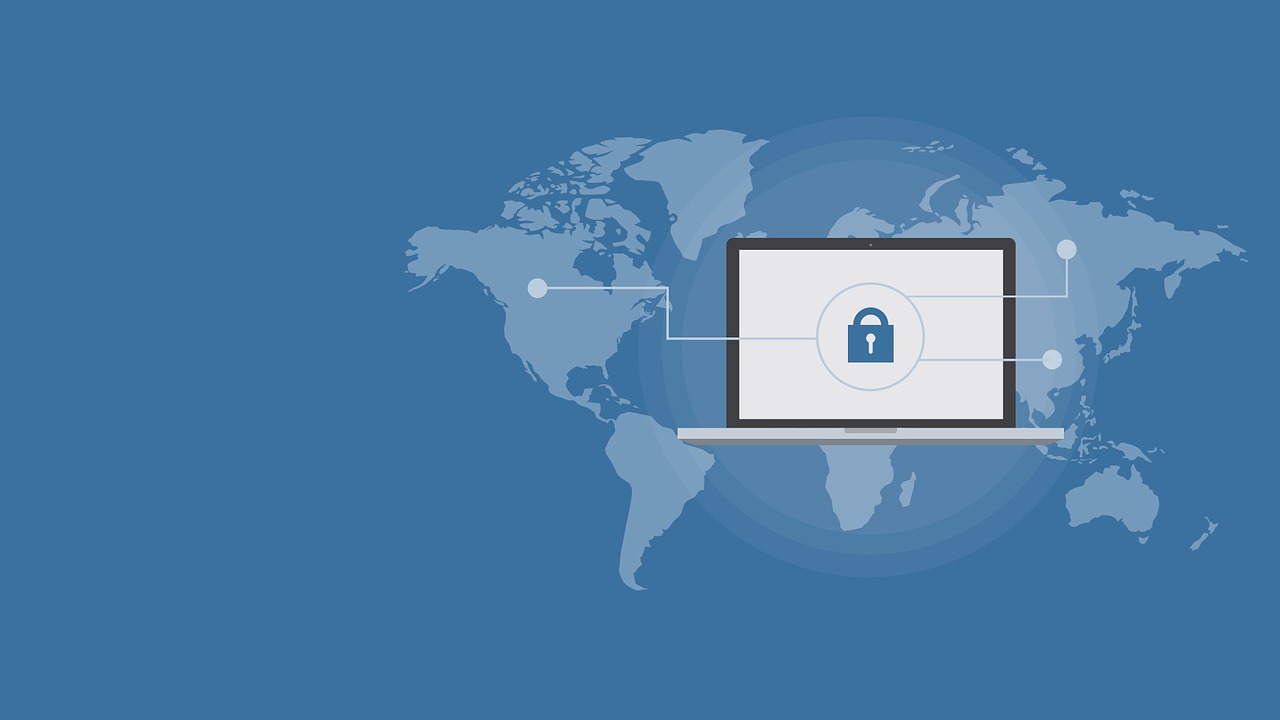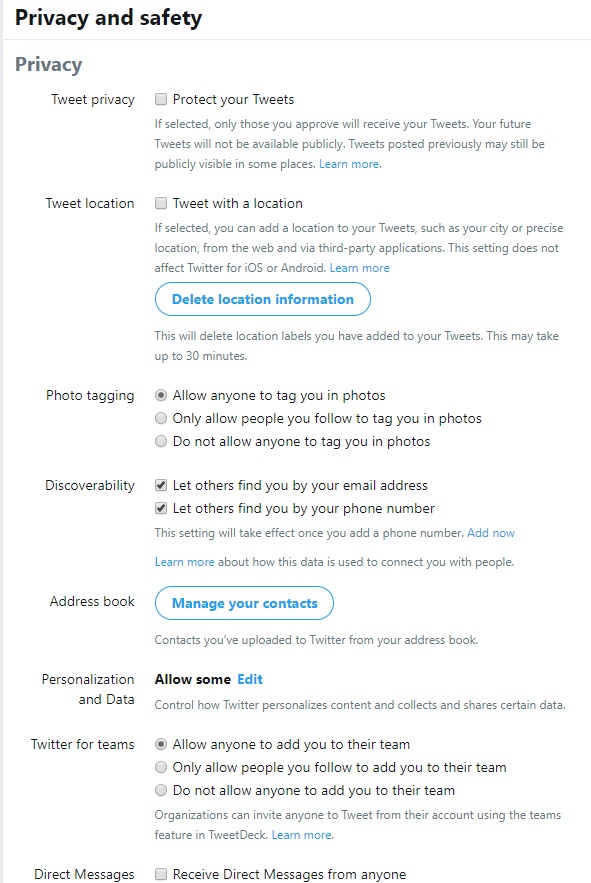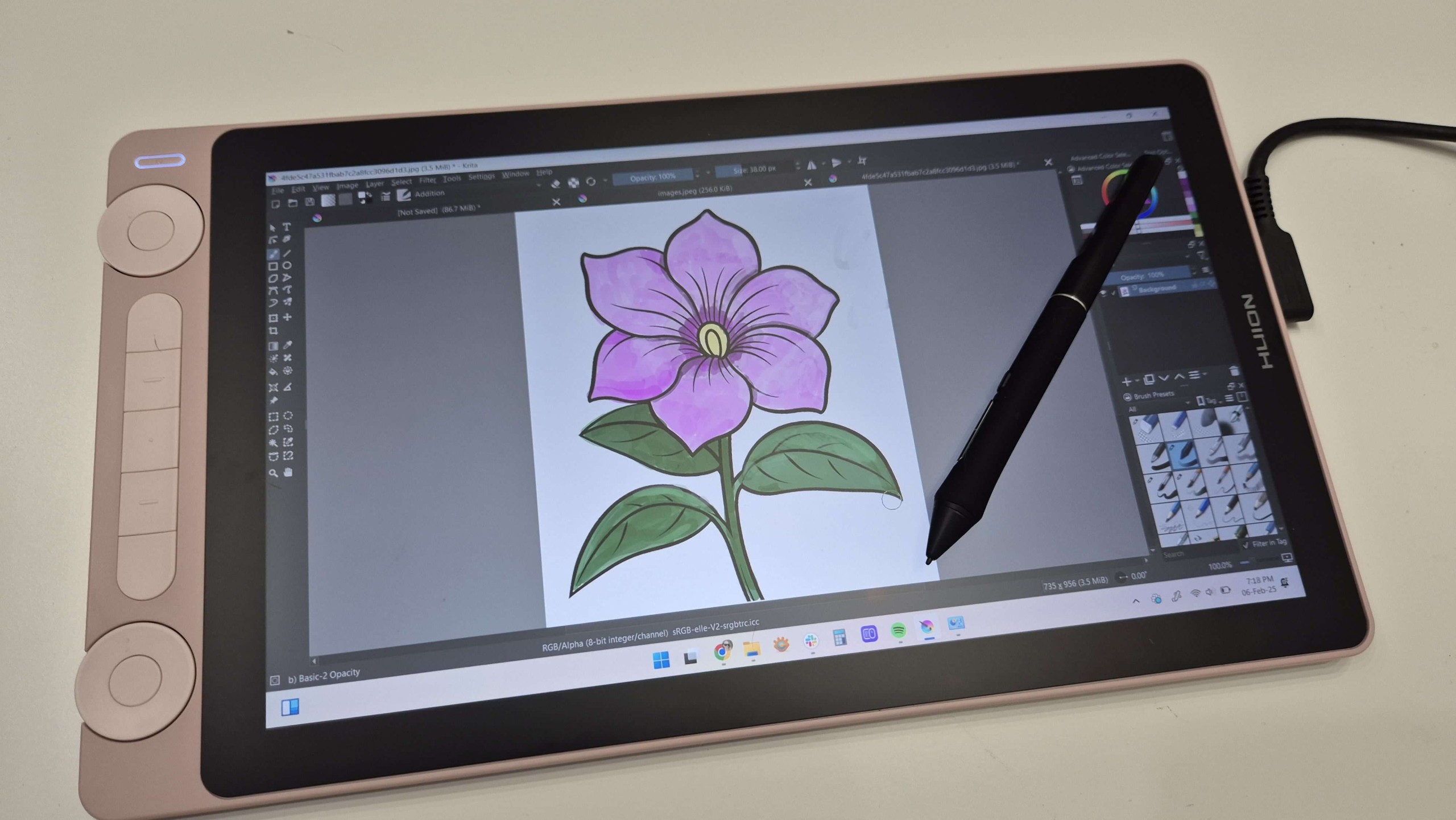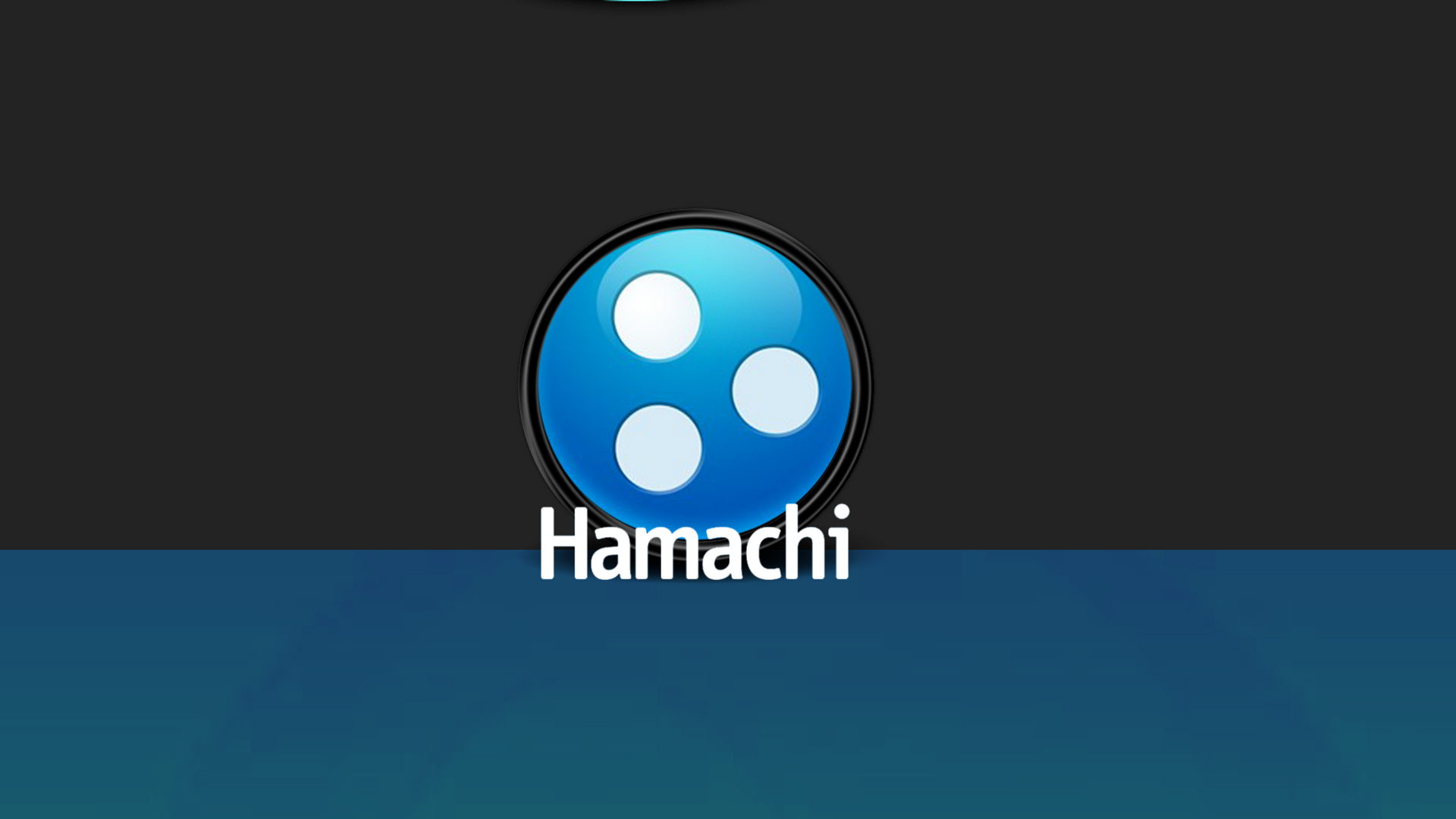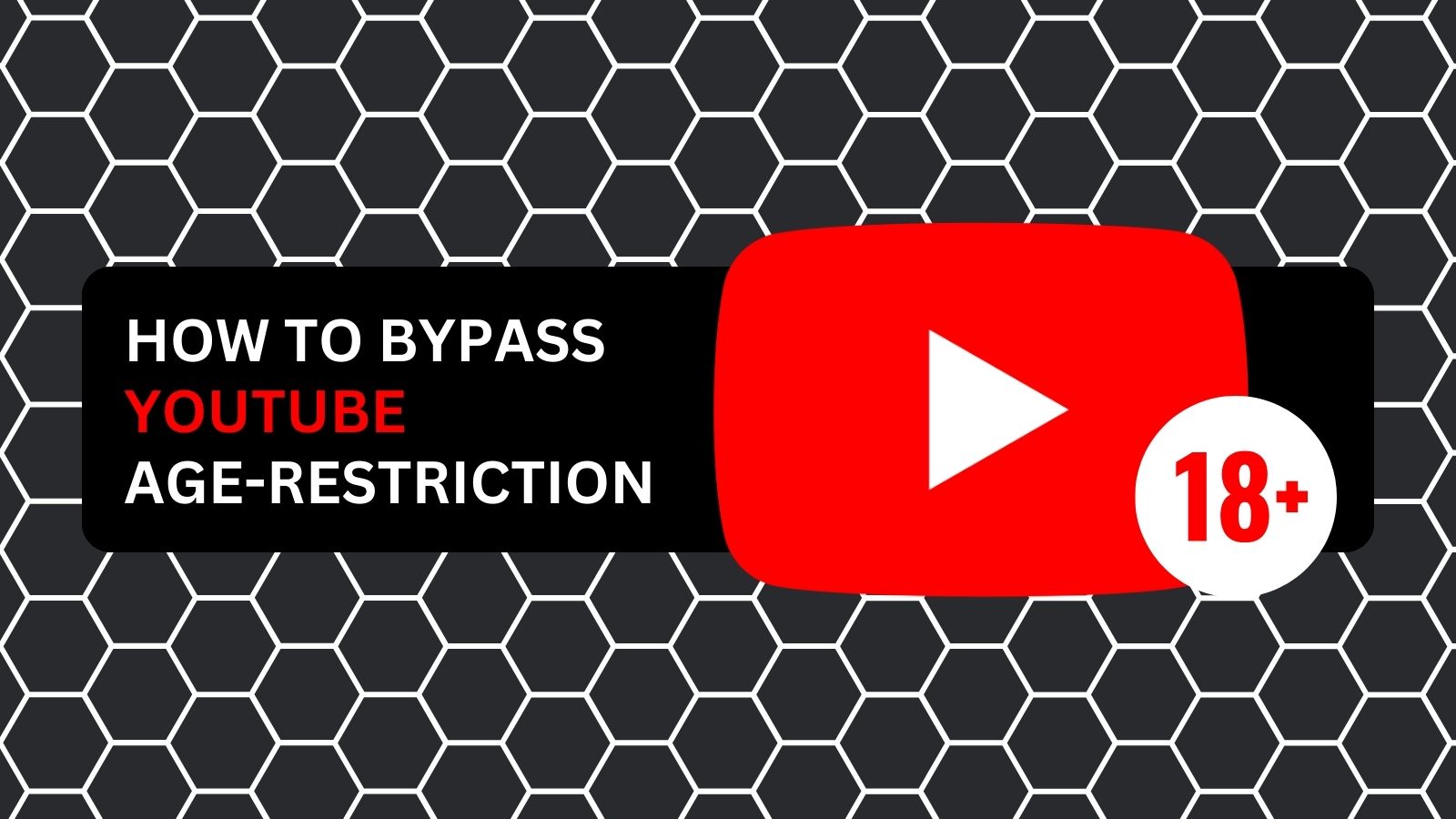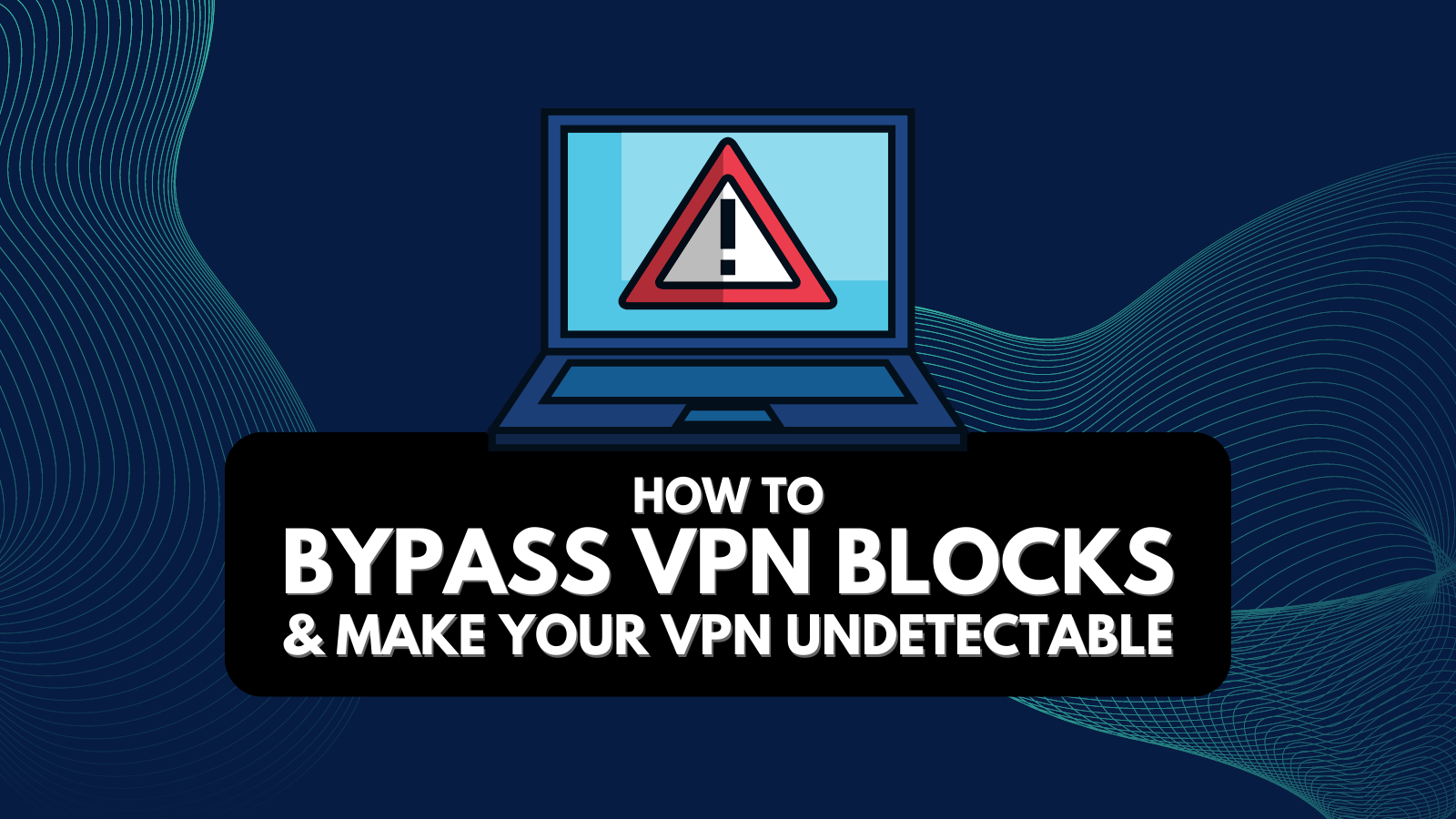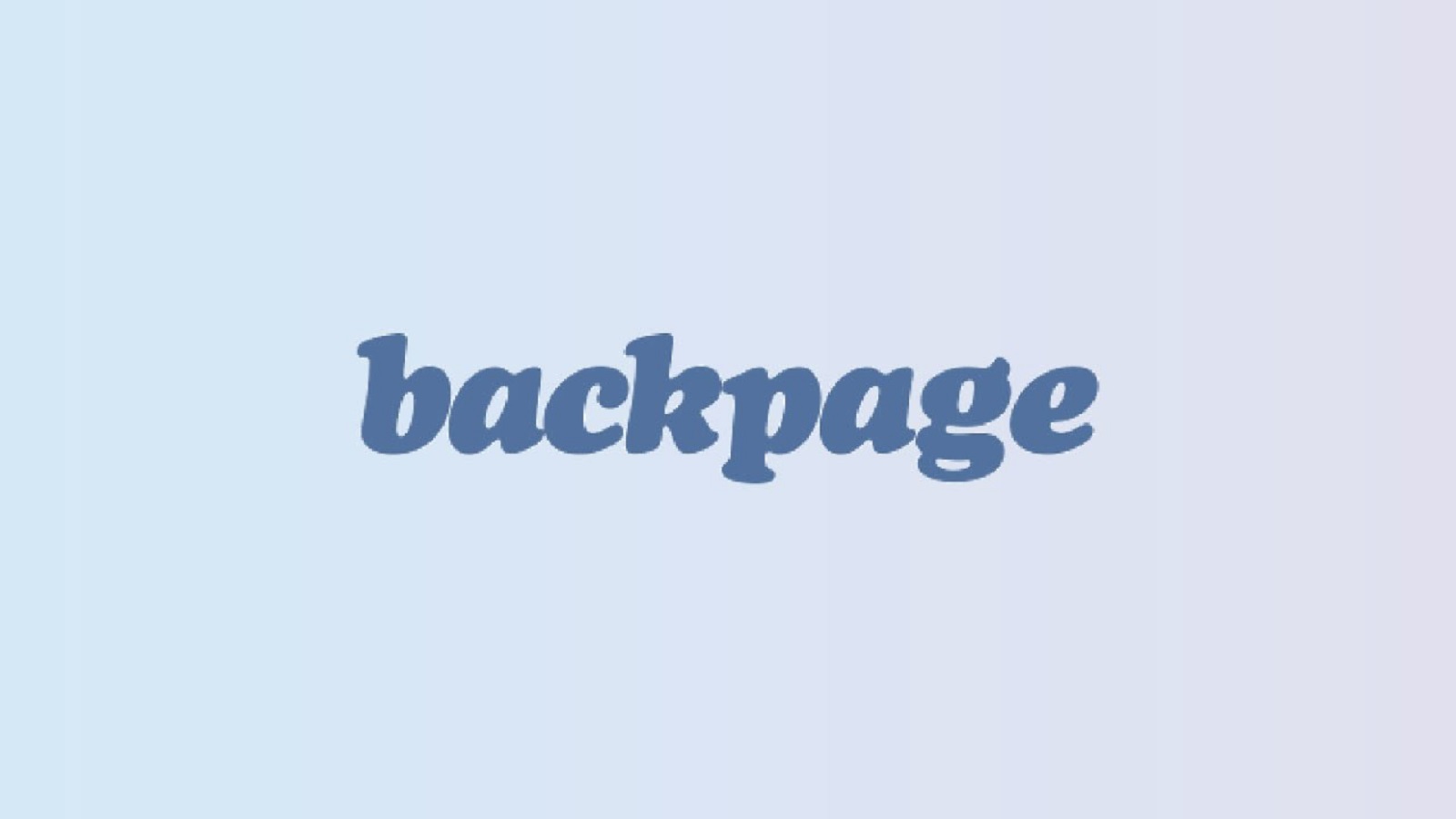
When you purchase through links on our site, we may earn an affiliate commission. Here’s how it works.
Twitter Safety Guide
Twitter is an awesome social media platform that makes it easy to keep up to date with the world’s events. Millions of people share their experiences, opinions, and observations on Twitter every day.
While Twitter is definitely an awesome place to be, it comes with more than a few dangers. Twitter abuse is a serious problem and some users have been victimized horribly. Some people have been doxxed or simply cyber-bullied relentlessly.
Even if you are never targeted for harassment, you can still be fired for a thoughtless tweet. No one is so perfect that they always say the right thing. Twitter's short-form format is also ripe for misinterpretation. So if you want to use Twitter it's important that you protect yourself. These are some key tips you can use to ensure that you don't become a victim of Twitter hazards.
Register with an Anonymous Email
One of the key ways you can protect yourself is by using an isolated email that's not associated with anything else. There are more than a few reasons to do this:
- Your identity can't be revealed through email association with accounts like Facebook or LinkedIn
- It means your other accounts won't be compromised if your Twitter account is hacked
- Third-party Twitter apps can't find your other accounts
- Twitter can't deduce your identity from your email
While you can use commercial webmail such as Yahoo Mail or Gmail, it's even better to use a secure anonymous email provider. Check out our anonymous email guide for more details.
Never Use Your Real IP Address
Your IP address is a lot like your real address. It shows the world where your actual network connection (such as your router) physically resides. With an IP address, someone could figure out where you live and which service provider you're using. Tracing someone's IP address is a key step towards doxxing a target. It's also one of the things Twitter could be legally forced to hand over in some cases.
The best way to hide your location and IP address from both Twitter and potential harassers is to use a VPN. A VPN service encrypts all your network data and replaces your IP address with one belonging to the VPN server. So from Twitter's point of view, you're in whatever location the VPN server is.
We recommend ExpressVPN as a great place to start. It's an affordable and widely-compatible VPN service. Well worth your attention.
Don’t Use Too Much Detail
While it can be tempting to share your life's story on an open platform such as Twitter, you should be careful about what information you put in your profile.
The problem is that the more you say about yourself, the easier it is for people to cross-reference facts with other social media accounts or even facts that relate to where you live or work. It's better to be vague and keep it short and sweet. Rather describe the types of tweets people can expect from your account or broad interests. You should also try and put your Twitter bio into Google to see if anything comes up in the results that will damage your privacy. If so, try rephrasing it.
Use an Alias
If you want to speak your mind without being targeted for your opinions, it might be a good idea not to use your real name. That's not always possible, but if you don't have to use your real name, don't.
If You Must Use Your Real Name, Watch Out!
If you are going to use your real name, one of the main risks comes from saying something on Twitter that will come back to bite you later. That means thinking twice about everything you write. Don't just tweet on a whim. You're making a statement in the public domain, so think about how it will be received and what the repercussions could be.
Treat DMs as if Public
Direct messages or "DMs" are a feature of Twitter that allow users to chat with each other without anyone else being able to see it. That does not mean that DMs are "private". The other party in the conversation can always screencap or otherwise publish what has been said in a DM. Never give out private information to someone on Twitter you don't already know in real life. Be wary of social engineering attacks and impersonation. Do you know whether the other person really is who they say?
Limit Plugins
Third-party plugins gain access to your Twitter information and can scrape all sorts of data from it. Do research on a third-party plugin before you just give it permission to access your account. Has anyone raised a concern about it? Do you really need it?
But Use an Auto-Delete Plugin
Twitter itself doesn't make it easy or simple to manage old tweets. There's no way to delete all of them in one go, nor can you set tweets to expire after a time.
There are however several plugins that you can use to delete tweets in bulk or set tweets over a certain age for automatic deletion.
Why do this? The main reason is to prevent old tweets from coming back to bite you. Sometimes people get in trouble for things they tweeted years before. So it's best to throw out those tweets like yesterday's newspaper.
Audit Your Privacy Settings
Have you checked exactly what you have allowed Twitter to do with your information? Heed over to the privacy settings on your account page. You'll see these options:
It seems like a lot, but it will only take a minute. You can choose to protect your tweets for some extra privacy, although if you want to participate in conversations this might not be worth it.
Certainly, it's a good idea to uncheck anything related to discoverability. You might also want to disable tagging in photos.
The most important one is probably "Personalization and Data". This has to do with the data collected for personalized ads. Disable all of it just to be safe.
Safe as Houses
If you've followed the most important tips above you should be in a good position to step into the wild world of Twitter with little possibility of getting hurt in the process. Of course, you can't have fun without a little risk, but there's a difference between fun and reckless. Striking a balance is the secret to safely navigating the social media landscape.

